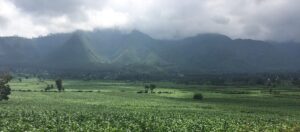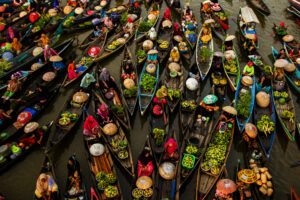- SIWI – Leading expert in water governance
- /
- Latest
- /
- Guardians of the water cycle: Indigenous leadership from Stockholm to Belém
Guardians of the water cycle: Indigenous leadership from Stockholm to Belém
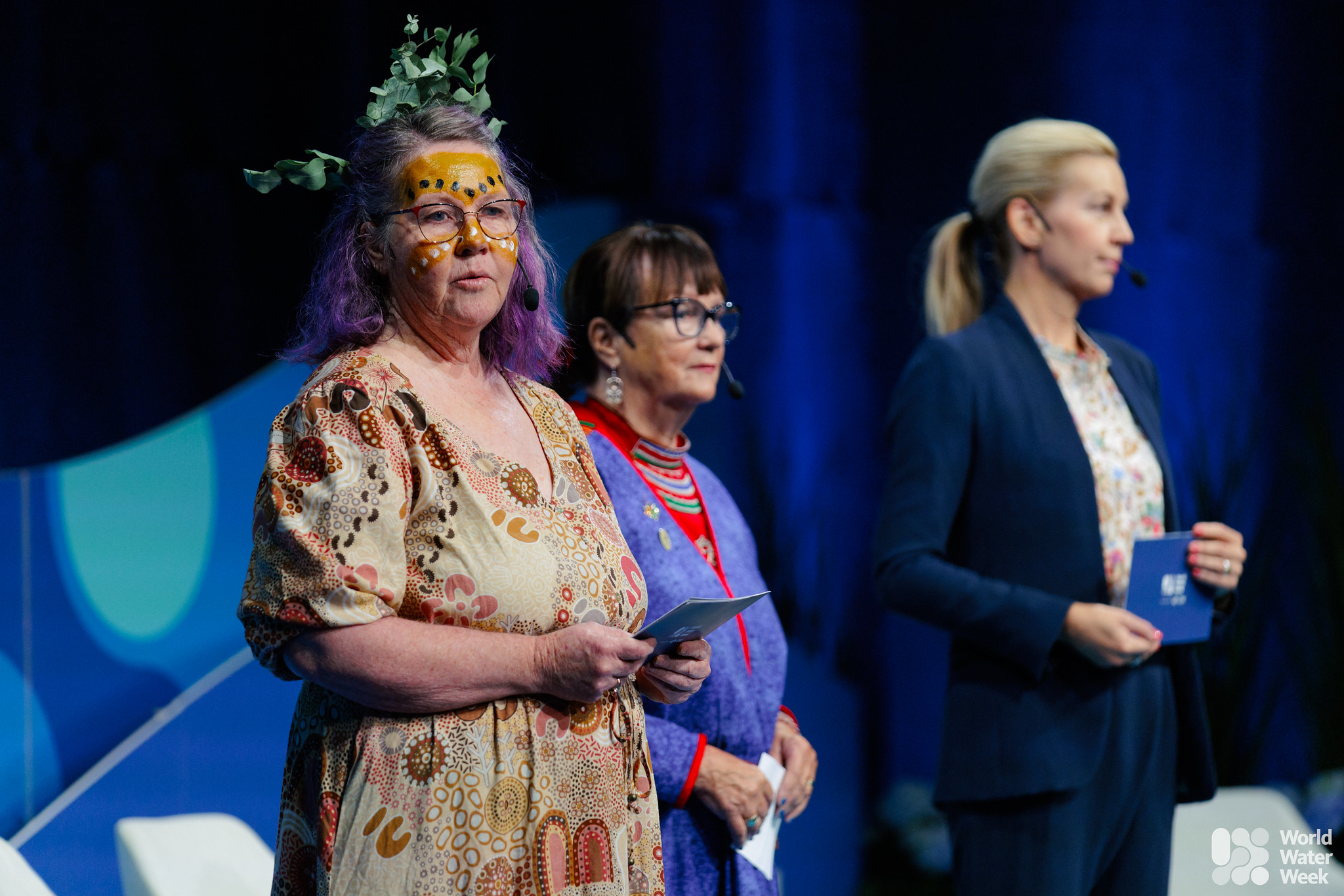
As the world turns its attention to COP30 in Belém, Indigenous leaders are reminding us that water is not simply a resource but a living system that connects all life. Their message, first resonating strongly at World Water Week in Stockholm, calls for a shift from symbolic inclusion to shared leadership rooted in reciprocity and respect.
Stewards of the water cycle
At World Water Week, Indigenous leaders and scientists joined to highlight what many communities have long known: protecting water means protecting the systems that sustain it. A forthcoming SIWI–PIK study shared in Stockholm shows that Indigenous territories play an important role in maintaining the global water cycle and moisture recycling. “Indigenous Peoples’ lands are the source of about 25 percent of rainfall on land,” explained researcher Lauren Anderson.
This finding reinforces a truth deeply embedded in Indigenous worldviews: stewardship of forests, soils and wetlands safeguards the balance of the planet. As Mayan scientist and advocate Yolanda López Maldonado reminded participants, “For us, water is not divided into blue or green—it is one living entity that must be cared for as a whole.”
Guiding resilience through Indigenous Knowledge
Around the world, Indigenous governance systems hold knowledge that strengthens the resilience of both ecosystems and societies. At World Water Week, speakers described how communities are already restoring degraded landscapes through local practices and nature-based solutions grounded in observation and reciprocity.
In Malawi, for example, community leader Isaac Chaluva shared how deep-bed farming captures rain and restores groundwater: “We are healing the hydrological cycle by keeping the water in the soil and in the landscape.” These efforts demonstrate how traditional knowledge and scientific understanding converge in practice—showing that adaptation is not just technical but relational, rooted in care for place and people.
As COP30 approaches, this perspective matters. Water is central to climate stability, yet global environmental governance frameworks do not adequately integrate knowledge on the water cycle that is part of Indigenous knowledge systems. The conversations in Stockholm showed how Indigenous stewardship can help inform national adaptation plans, climate finance mechanisms and the integrated management of land and water resources.
From Participation to Power
In Belém, Indigenous leaders will once again urge that inclusion must mean shared decision-making. “Inclusion means shared decision-making, not symbolic participation,” stated a message from Indigenous representatives at World Water Week. It is a call to move from consultation to co-leadership and co-creation of knowledge—where Indigenous institutions have authority to shape solutions and monitor progress.
The location of COP30 in the Amazon adds weight to this message. The region’s forests and rivers regulate climate patterns far beyond its borders; its health is inseparable from global water security. Ensuring Indigenous rights and leadership is therefore not only a matter of justice but a prerequisite for a stable climate.
As the journey continues from Stockholm to Belém, the lesson is clear: restoring balance to the climate begins with restoring balance in how we govern water. Indigenous leadership offers both knowledge and an ethical compass—reminding the world that caring for water is caring for life itself.
A message from the Indigenous Peoples delegation
In this statement to the water community, the Indigenous Peoples delegation at World Water Week 2025 urge effective participation and collaboration to ensure a sustainable future for all.
Most recent
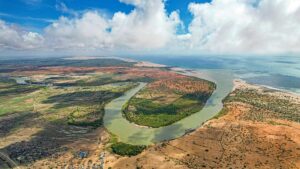
Why sharing data matters for water cooperation in the Juba–Shebelle Basin
- Transboundary Water Cooperation
- Water and climate

TIARA in Zambia: Scaling resilient rainfed agriculture in the Zambezi Basin
- Agriculture and water
- Freshwater and ecosystems/biodiversity
- Resilience through water
- Water in landscapes
- Water and climate

Why climate action must integrate water
- Water and climate
- World Water Week
- Water governance
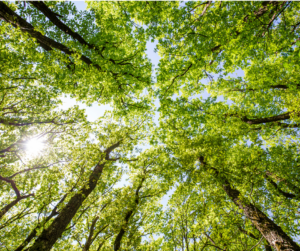
SIWI joins Wallenberg-funded forest resilience research


